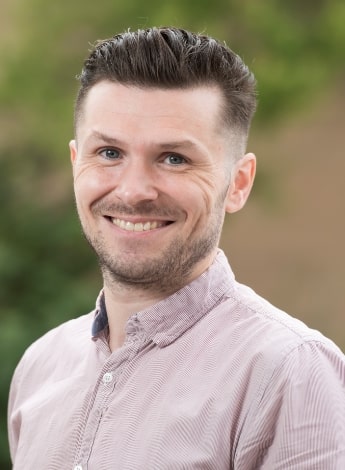
Clinical supervision in public health

A group of physiotherapists in Melbourne has tackled the issue of clinical supervision for physiotherapists practising in the public health system. Corresponding author David Snowdon answers some questions about their randomised trial.
Specifically, what questions did your study seek to answer?
Our randomised trial sought to determine how much an online, interactive clinical supervision training program improves
the effectiveness of clinical supervision of physiotherapists, reduces levels of staff burnout, decreases intention to leave the organisation and increases participation in clinical supervision compared to self-education alone.
What interventions did each group in the randomised trial receive?
Physiotherapists in both the experimental group and the comparison group completed an online self-education clinical supervision training package.
This package, which takes 30 to 45 minutes to complete, contains education on clinical supervision of allied health professionals and is not specific to clinical supervision of physiotherapists.

Dr David Snowdon.
In addition to online self-education, physiotherapists in the experimental group received group-based interactive clinical supervision training consisting of three 90-minute workshops.
Workshops were conducted over a videoconferencing service and addressed the skill development of both supervisees (physiotherapists who receive clinical supervision) and supervisors (physiotherapists who supervise other physiotherapists as well as receiving supervision themselves).
The workshops contained education that was evidence- based and specific to clinical supervision of physiotherapists.
What outcomes did you measure?
The primary outcome measure was the effectiveness of clinical supervision four months after training, measured using the Manchester Clinical Supervision Scale. Secondary outcomes were the Maslach Burnout Inventory (ie, burnout), the Intention to Leave Scale and participation in clinical supervision (ie, meeting or not meeting minimum organisational expectations).
What did the study find?
Our study found that the addition of an online interactive clinical supervision training program to online self-education led to small improvements in the effectiveness of clinical supervision of physiotherapists and small reductions in the burnout domain of depersonalisation.
There were negligible or uncertain effects on the other burnout domains, intention to leave and participation in clinical supervision.
Very few physiotherapists in either the experimental or the comparison group met or exceeded minimum organisational expectations for participation in clinical supervision, which may have had an impact on the effectiveness of our training program.
What further research is needed in this area?
While clinical supervision training is believed to be essential, our results suggest that training alone may not yield meaningful improvements in the effectiveness of clinical supervision. Instead, it is likely that a multipronged approach is required that includes initiatives to address the barriers to participation in clinical supervision in combination with a training program that addresses the knowledge gap.
Future research could investigate the effect of a combination of initiatives on the effectiveness of clinical supervision.
>> Dr David Snowdon APAM is a postdoctoral fellow at Monash University and Allied Health Research Lead at Peninsula Health in Melbourne, Victoria. His research focuses on clinical supervision of allied health professionals and its effect on patient care.
© Copyright 2024 by Australian Physiotherapy Association. All rights reserved.





